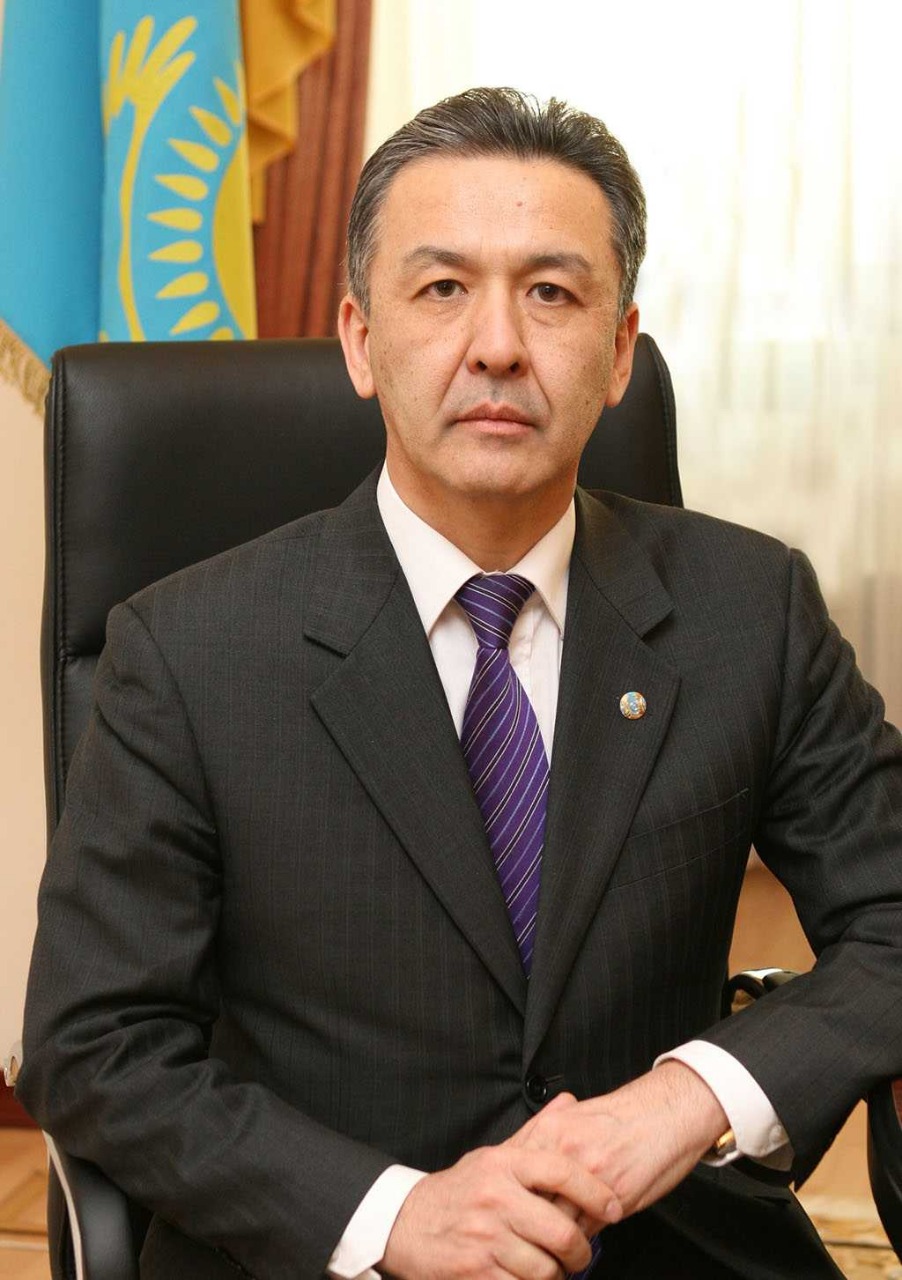In order to encourage students for their socially oriented, socially useful activities, the following types of incentives are established:
1) social student credit for 20 000 tenge;
2) social student credit for 50,000 tenge.
Social student credits (hereinafter referred to as credits) are a unified unit of measurement for the volume of socially directed, socially useful activities of students.
Credits are granted to students who carry out socially oriented, socially useful activities in the following areas:
1) inclusive education;
2) tutoring (languages, computer literacy), online format;
3) work with underage children of deviant behavior;
4) organization of yard and sports clubs;
5) social work with children, the elderly and the disabled;
6) work in the field of environmental protection and environmental safety, preservation of objects of historical and cultural heritage;
7) participation in the work of public and private health organizations and other social organizations that provide services to patients, the elderly and the disabled;
8) participation in the work of local youth resource centers during national and city events with volunteers;
9) assistance in the work of persons engaged in tourist activities in the organization of excursion activities (visits to museums, libraries and other attractions of the city) for the purpose of tourism development;
10) assistance in organizing international events (forums, Universiades, festivals, sports competitions);
11) work in an animal shelter.
A voucher for 20 000 tenge is provided for 20 hours of activity. At the same time, students have the right to set off two academic credits determined by the organization of higher and (or) postgraduate education.
A voucher for 50,000 tenge is provided for 50 hours of activity. At the same time, students have the right to set off five academic credits determined by the organization of higher and (or) postgraduate education.
The maximum number of hours of activity and academic credits of a voucher in a financial year can’t exceed 70 hours and seven academic credits, respectively.
If you have any questions, please contact the 200-th office of the new KarIU building.
 For the period of 50 years Karaganda Industrial University, founded in 1963, has become one of the leading higher ...
For the period of 50 years Karaganda Industrial University, founded in 1963, has become one of the leading higher ...

































